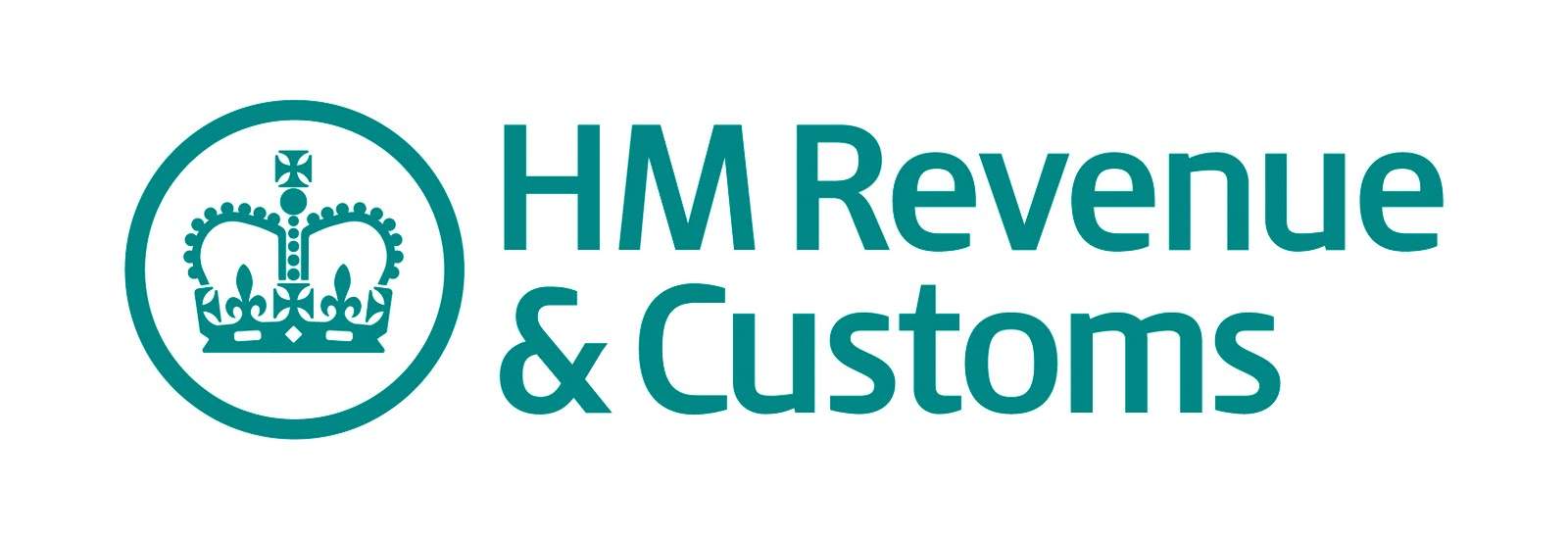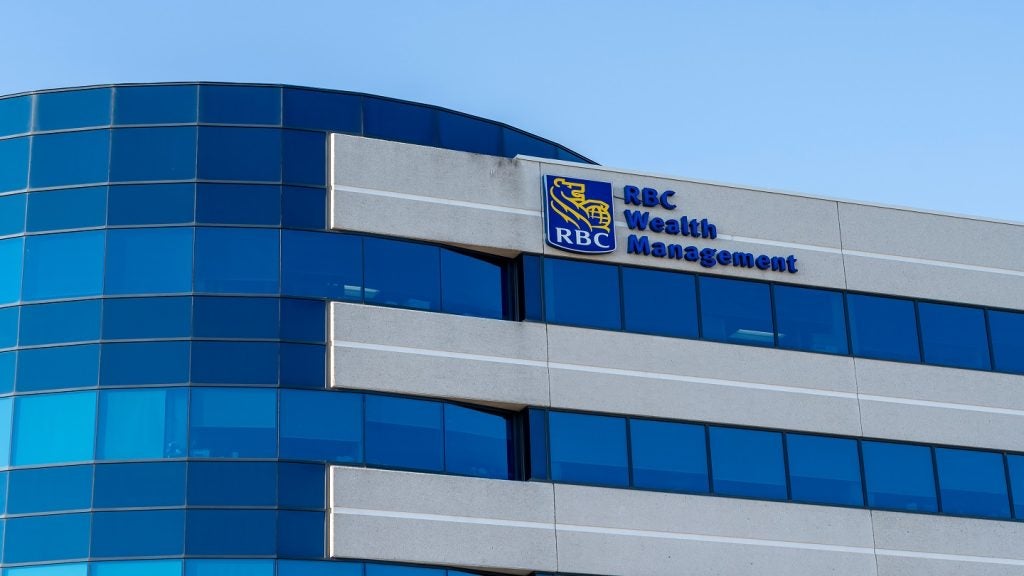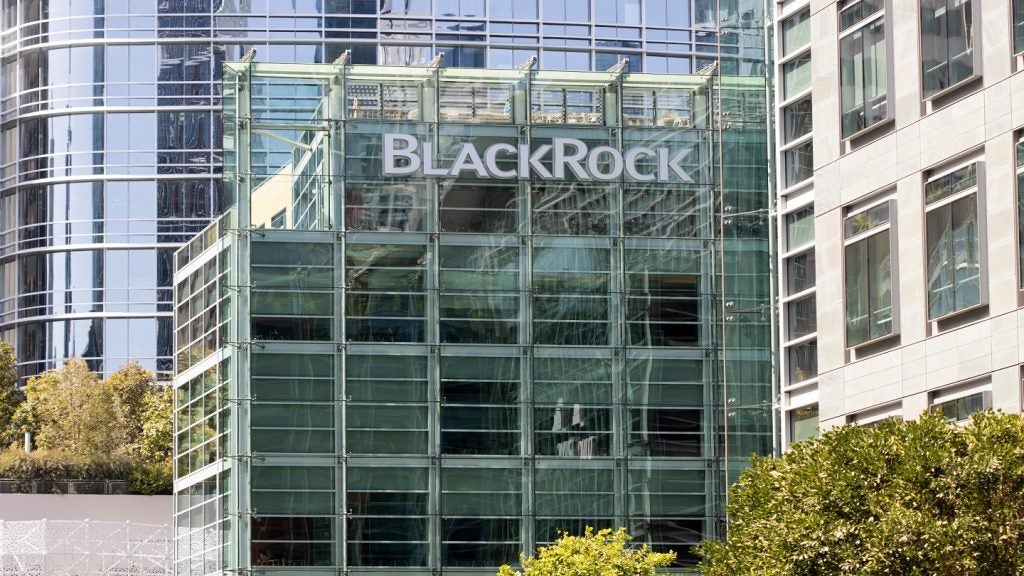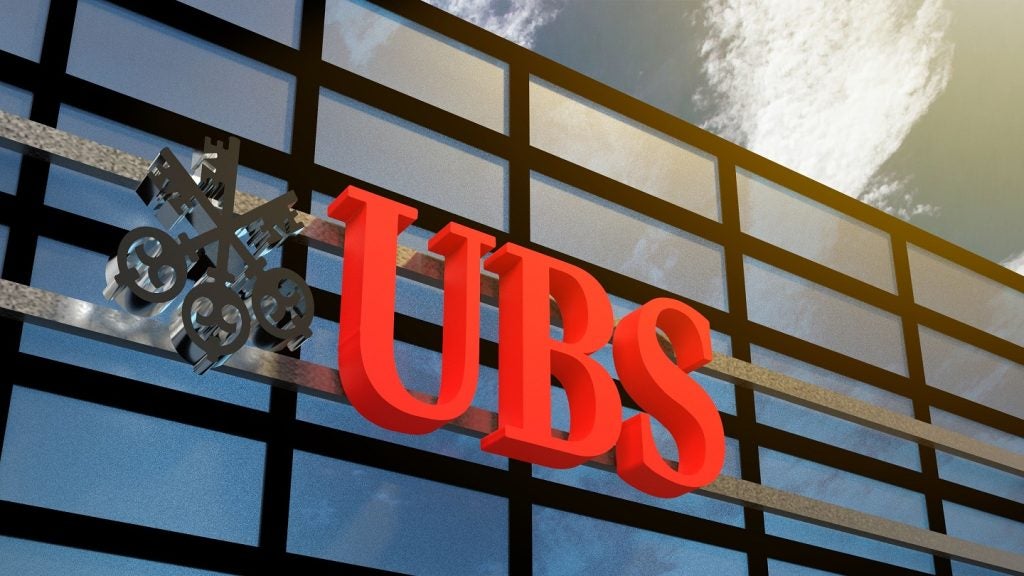
The UK’s HMRC has revealed a new strategy to tackle offshore tax evasion, titled "No safe havens", which includes significant spending increases on staff and technology.
The tax authority forecasts bringing in £5bn from the UK-Swiss agreement, which has already brought in £340 million, while £1bn is expected to be recovered through the agreements with the Isle of Man, Guernsey and Jersey.
An additional £3bn is predicted to be recovered through the Liechtenstein Disclosure Facility by 2016.
£1bn allocated to fight avoidance
HMRC has been allocated £994m (£1.3bn) in additional funds to reinvest in the fight against avoidance, evasion and fraud. Part of this amount will be used to increase specialist resources and the staff to fight evasion.
The new operations include an offshore coordination unit, compliance, data and analysis teams and special investigation and risk and intelligence teams profiling suspicious individuals and highlighting risks.
HMRC’s operations will be supported by a strong suite of information and inspection powers designed, in consultation with taxpayers and representative bodies, to check tax positions and tackle non-compliance, ensure there are sufficient safeguards and create a level playing field.
Tougher penalties
Offshore evaders will be subject to the full range of sanctions provided by the law unless they come forward voluntarily.
The new tougher sanctions include penalties of up to 200% of the tax that was evaded offshore and prison sentences.
One of the innovative operational approaches HMRC has recently adopted is to offer disclosure facilities to people with offshore investments.
Thus, people have an opportunity to come forward voluntarily to clear up their tax affairs.
50,000 people have so far come forward under the offshore disclosure facilities, they have already yielded almost £1bn in unpaid tax, penalties and interest and HMRC expect them to generate around £4 billion in revenues.
Pilot study into trust and company service providers
The chancellor also underlined government plans to name and shame the promoters of tax avoidance schemes.
The first step is to launch a pilot study to identify, understand and tackle offshore risks associated with trust and company service providers and tackle those most likely to facilitate tax evasion. No details were given of when the study would begin.







